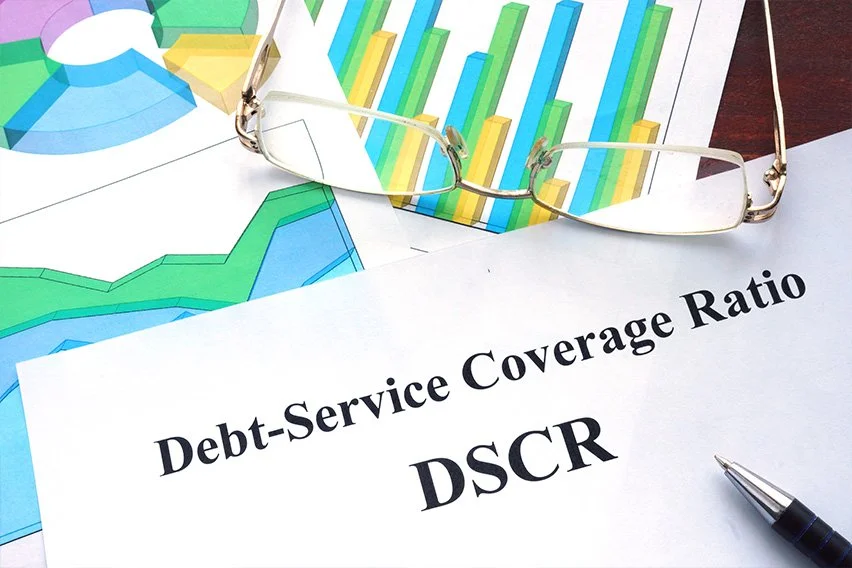As the real estate market continues to evolve, investors are constantly seeking innovative ways to…
Refinancing vs. Home Equity Loans: Which Is Right for You?
When homeowners find themselves in need of extra funds, two popular options often come to mind: refinancing and home equity loans. While both can provide financial relief, understanding the differences between the two is crucial for making an informed decision. In this blog post, we’ll explore refinancing and home equity loans, highlighting their key features, benefits, and considerations. So, let’s dive in and discover which option is the right fit for you.
Refinancing: Refinancing refers to replacing your existing mortgage with a new loan, typically with more favorable terms. Here’s what you need to know about refinancing:
- Lower Interest Rates: One of the primary reasons homeowners choose to refinance is to secure a lower interest rate, potentially saving thousands of dollars over the life of the loan.
- Monthly Payment Reduction: By refinancing, you can extend the loan term, reducing your monthly mortgage payments. This can be particularly helpful during times of financial strain or if you’re looking to free up cash for other expenses.
- Changing Loan Types: Refinancing also offers an opportunity to switch from an adjustable-rate mortgage (ARM) to a fixed-rate mortgage (FRM), providing stability and predictability in your monthly payments.
Home Equity Loans: Home equity loans, on the other hand, allow homeowners to borrow against the equity they have built up in their homes. Here are some key points to consider:
- Lump-Sum Amount: With a home equity loan, you receive a lump sum of money upfront, based on the appraised value of your home and the equity you hold. This makes it a suitable option for one-time expenses, such as home renovations or debt consolidation.
- Fixed Interest Rates: Home equity loans generally come with fixed interest rates, meaning your monthly payments remain consistent throughout the loan term. This stability can help with budgeting and financial planning.
- Second Lien on Your Home: Keep in mind that a home equity loan creates a second lien on your property, using your home as collateral. If you’re unable to repay the loan, your home could be at risk of foreclosure.
Choosing the Right Option: Deciding between refinancing and a home equity loan depends on your specific financial goals and circumstances. Consider the following factors:
- Current Interest Rates: Compare the current interest rates with the rate you’re paying on your existing mortgage. If the current rates are significantly lower, refinancing may be a smart move.
- Equity in Your Home: Assess how much equity you have in your home. If you have a substantial amount and require a lump sum for a specific purpose, a home equity loan might be more suitable.
- Long-Term Goals: Think about your long-term financial goals. If you plan to stay in your home for an extended period, refinancing could provide ongoing benefits. On the other hand, if you’re planning to sell your home in the near future, a home equity loan may be a better fit.
Refinancing and home equity loans offer distinct advantages depending on your unique circumstances. While refinancing can help you secure better loan terms, lower interest rates, and reduce monthly payments, home equity loans provide a lump sum for specific expenses. To make an informed decision, carefully evaluate your financial situation, long-term goals, and consult with a trusted financial advisor.
NMLS #1401042 | info@citizensfinancial.co | 707-800-6047
#Refinancing #HomeEquityLoans #MortgageOptions #FinancialDecisions #HomeOwnership




